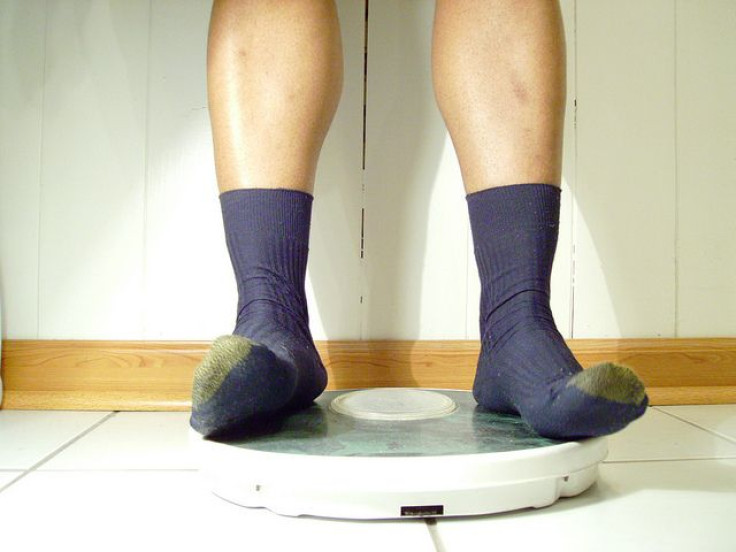Self-Fulfilling Prophecy: Thinking You Are Born Fat Leads To Less Physical Activity, Poor Eating Habits

Imagination is a wonderful thing. It can lead to the invention of the light bulb, a new form of subatomic energy, or the plot of the next great American novel. Our imaginations can turn something that isn't real into a reality. But sometimes, our imagination works against us, making us believe certain ideas or notions are true — that people are out to get us, for example, when they’re actually not. In many ways, this goes along the same vein as telling ourselves lies so much that we start to believe them. And for some people, specifically those who believe we're born to be fat or thin, this way of thinking can be detrimental to their health.
A new study published in Health Education and Behavior posits that the belief that DNA affects our weight, while still not totally proven, can have a negative impact on our health. That’s because, since people believe they are destined to be fat, they tend to make poorer food choices, have unhealthier body mass indexes (BMIs), and report lower levels of personal wellbeing than those who believe their DNA has nothing to do with their weight.
"If an individual believes weight to be outside of the influence of diet and exercise, she or he may engage in more behaviors that are rewarding in the short term, such as eating unhealthful foods and avoiding exercise, rather than healthful behaviors with more long-term benefits for weight management," wrote study authors Dr. Mike C. Parent and Dr. Jessica L. Alquist.
The doctors analyzed data from both medical and self-reported health measurements in 4,166 men and 4,655 women and found some interesting ideas these people had about their own weight. According to the study, as people get older, their belief that weight is unchangeable and tied to their DNA leads to less healthy eating behavior — like eating less fruits and vegetables and not checking the nutrition labels on food — exercising less, and eating more frozen, ready-to-eat, and restaurant meals. They couldn't find differences between the genders and health beliefs and behaviors.
By fighting the perception that weight is unchangeable, Parent and Alquist said health care providers would have a better chance at increasing healthy eating behaviors as they age.
Source: Parent, M. Alquist, J. Born Fat: The Relations Between Weight Changeability Beliefs and Health Behaviors and Physical Health. Health Education & Behavior. 2015.



























